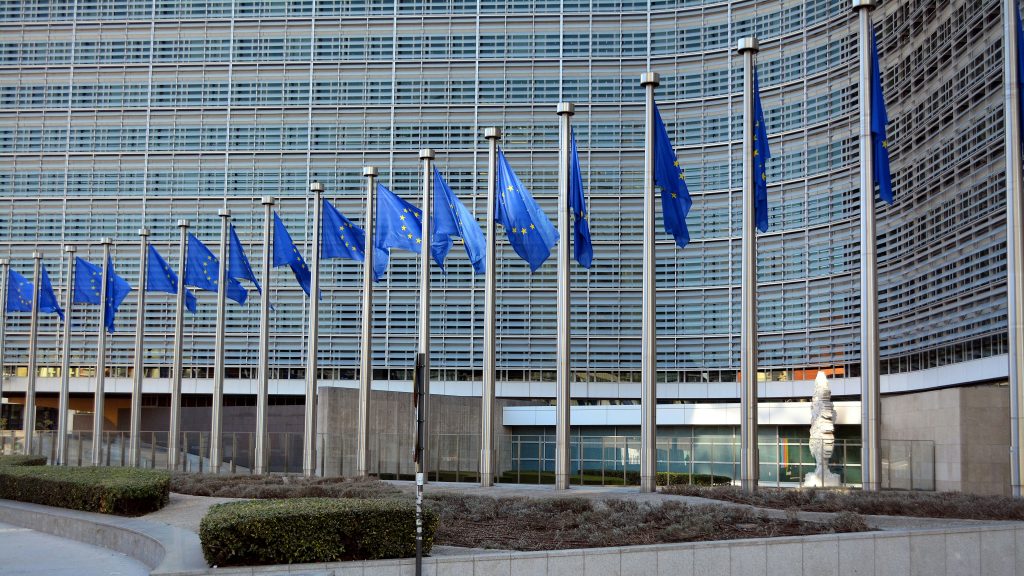What is the impact of the EU interventions at the national level?

How much do European Union (EU) interventions influence national public policies? Does the EU intervene in a “subsidiary” way, as asserted in the Community Treaties, or is it omnipresent and omnipotent as public opinion sometimes claims? For example, is 80% of national legislation of Community origin or, to the contrary, is it a much smaller share?
At a time when EU citizens have just elected their representatives in the European Parliament for the next five years, it seems more necessary than ever to try to address these questions which are essential from a policy vantage point, but which have not yet generally given rise to very precise responses. The aim of this study is to describe what the EU is trying to achieve by primarily referring to unpublished data and by combining three sets of analyses which show that:
- the impact of EU normative interventions is substantial, yet often incidental or regulatory in scope, and, overall, is not as important as claimed, except in certain specific public policy sectors;
- the impact of EU budgetary interventions is for the most part limited, as is often indicated; however it is quite extensive in some sectors and in some countries;
- the impact of EU non-binding positions is both relatively limited in concrete terms and consequential from a policy and media perspective, in such a way that it undoubtedly helps to reinforce the EU’s “illusory” reputation.




